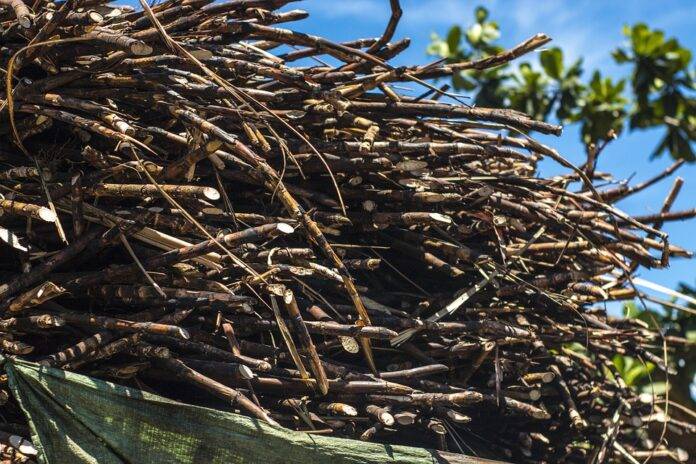Introduction
Natural sugar sources such as sugarcane and sugar beets are essential commodities that are harvested, refined, and distributed worldwide to meet the global demand for sugar. In this report, we will explore the process of how natural sugar sources are harvested, refined, and distributed, as well as the companies and industry insights involved in this process.
Harvesting
Sugarcane
Sugarcane is one of the primary sources of natural sugar and is mainly grown in tropical and subtropical regions. The harvesting of sugarcane involves cutting the mature stalks, usually by hand or using machines, and transporting them to sugar mills for processing. Brazil is the largest producer of sugarcane in the world, followed by India and China.
Sugar Beets
Sugar beets are another important source of natural sugar and are grown in temperate climates. The harvesting of sugar beets involves pulling the beets from the ground, removing the foliage, and transporting them to processing facilities. The top producers of sugar beets are Russia, France, and the United States.
Refining
Sugar Mills
Once harvested, sugarcane and sugar beets are processed in sugar mills to extract the sugar. The process involves crushing the stalks or beets to extract the juice, which is then clarified, filtered, and evaporated to remove impurities and concentrate the sugar. The resulting sugar is then crystallized and dried before being packaged for distribution.
Refineries
In addition to sugar mills, there are also sugar refineries that process raw sugar into refined sugar. The refining process involves further purification of the sugar to remove any remaining impurities and produce a high-quality product. Refined sugar is often used in food and beverage production, as well as in industrial applications.
Distribution
Global Trade
The global sugar industry is a highly competitive market, with major producers and consumers located all over the world. Sugar is traded on commodity exchanges, with prices influenced by factors such as weather conditions, government policies, and global demand. The top exporters of sugar include Brazil, Thailand, and India, while the top importers include China, Indonesia, and the United States.
Companies
Some of the largest companies involved in the harvesting, refining, and distribution of natural sugar sources include:
– Cargill: A multinational corporation that is one of the largest sugar traders in the world.
– Bunge: Another major player in the global sugar market, with operations in sugar production and trading.
– Wilmar International: A leading agribusiness company that is involved in sugar production and distribution in Asia and beyond.
Industry Insights
The sugar industry faces challenges such as fluctuating prices, changing consumer preferences, and environmental concerns. As a result, companies in the industry are investing in sustainable practices, innovation, and diversification to stay competitive. In recent years, there has been a growing demand for organic and non-GMO sugar products, as well as alternative sweeteners such as stevia and monk fruit.
Conclusion
In conclusion, natural sugar sources are harvested, refined, and distributed worldwide to meet the demand for this essential commodity. The process involves the harvesting of sugarcane and sugar beets, the refining of raw sugar into refined sugar, and the global distribution of sugar through trade and major companies in the industry. Despite the challenges facing the sugar industry, companies are adapting to changing market trends and consumer preferences to ensure a sustainable future for the industry.




